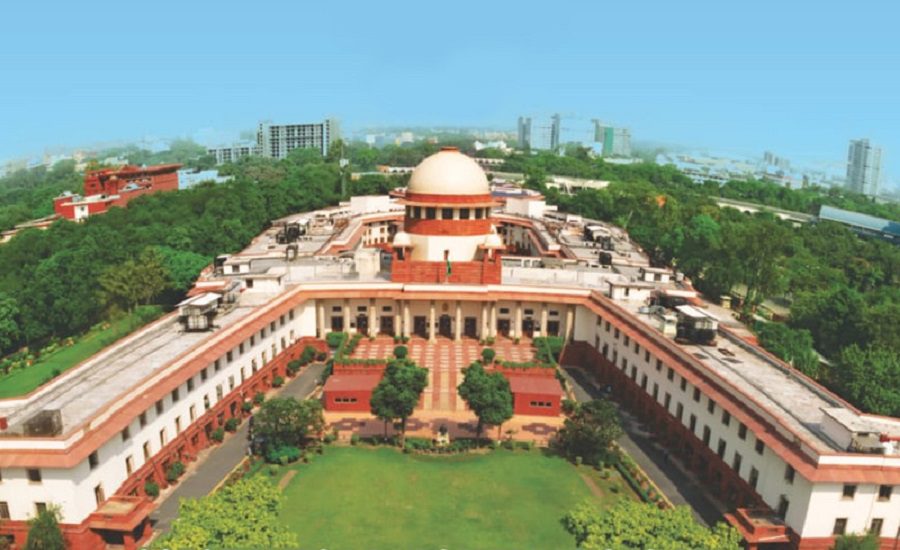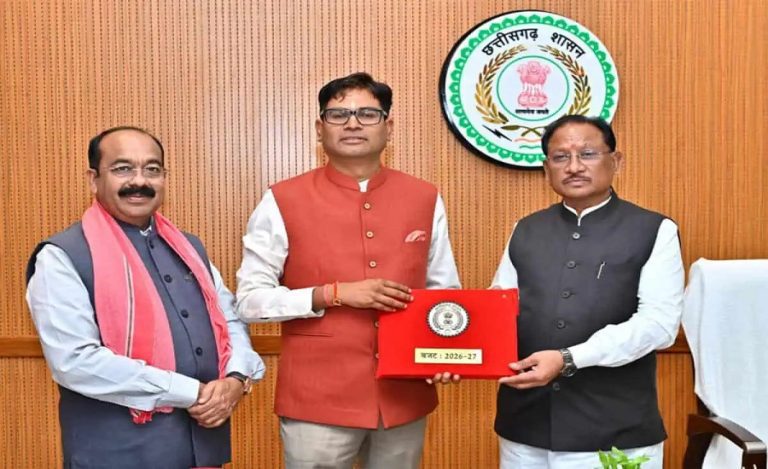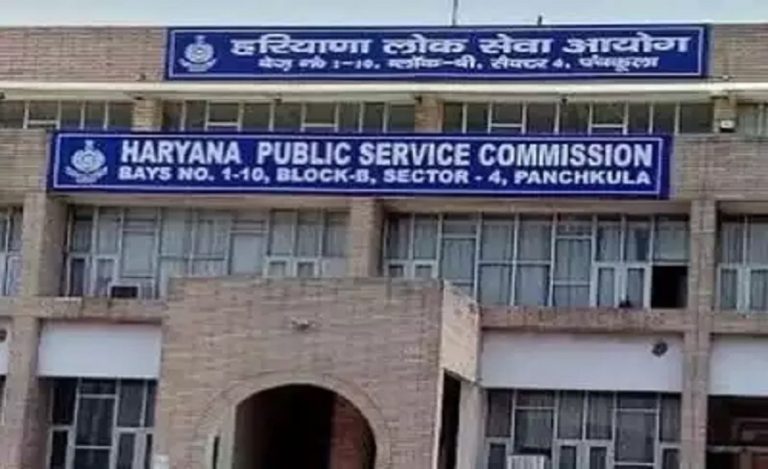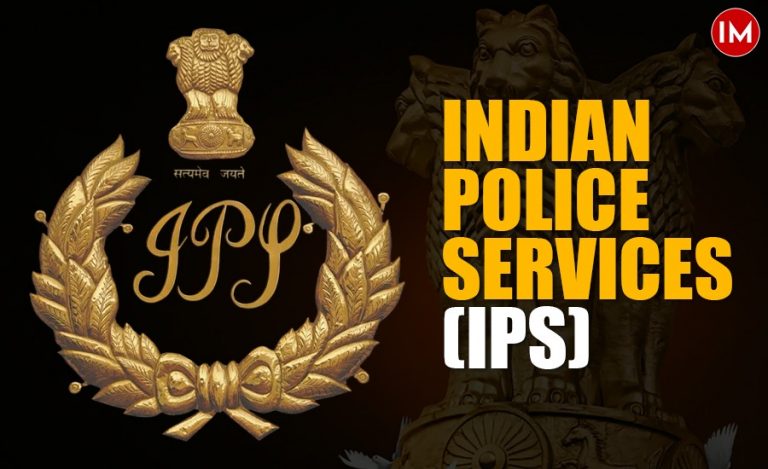New Delhi: The Supreme Court has appointed an amicus curiae to assist in tackling ecological imbalances in Himachal Pradesh. The bench of Justices Vikram Nath and Sandeep Mehta took the step while hearing a suo motu case on the state’s environmental degradation.
Court Flags Alarming Environmental Decline
The decision follows a July 28 warning from another bench, led by Justices J.B. Pardiwala and R. Mahadevan, that Himachal might “vanish in thin air” if conditions did not improve. The state’s advocate general and additional advocate general informed the court about a report due on August 23.
Earlier, the apex court observed that climate change was having a “visible and alarming impact” on the Himalayan state. The hearing also considered a petition challenging a Himachal Pradesh High Court order dismissing an appeal against a June 2025 notification. The notification had designated certain areas as “green areas” to restrict construction activity.
Identifying Key Contributors
While declining to interfere with the High Court’s ruling, the Supreme Court acknowledged that unchecked development was worsening ecological damage. Reports cited hydropower projects, four-lane roads, rampant deforestation, and multi-storey buildings as major contributors.
The bench emphasized that Himachal’s fragile ecosystem required expert consultation. It advised engaging geologists, environmental experts, and local communities before clearing large-scale development projects.
Tourism Pressure on Ecology
Tourism, though vital for the state’s economy, came under scrutiny for its unchecked growth. The court expressed concern that excessive tourism was straining Himachal’s fragile ecology and social fabric.
“If left unchecked, the pressure from tourism could severely undermine the ecological and social fabric of the state,” the bench warned.
Call for Action
The judges stressed that both the state and central governments must act urgently to prevent further damage. The court directed its registry to treat the matter as a public interest writ petition.
“All that we want to convey today is that it is high time the state of HP pays attention to what we have observed and starts taking necessary action at the earliest in the right direction,” the bench stated.
Concluding, the judges remarked, “Of course much damage has been caused but there is a saying that ‘something is better than nothing’.” They directed the state to submit a reply outlining its action plan to address the crisis.




























